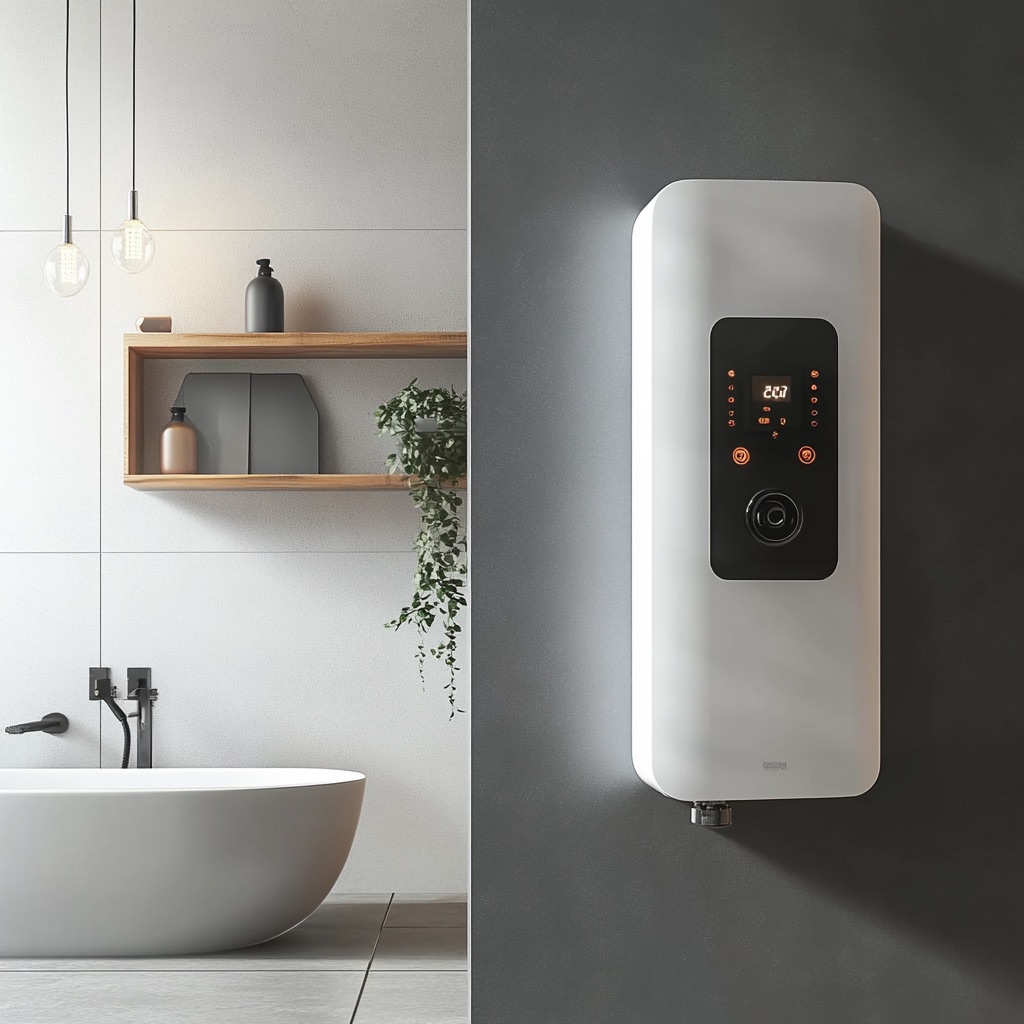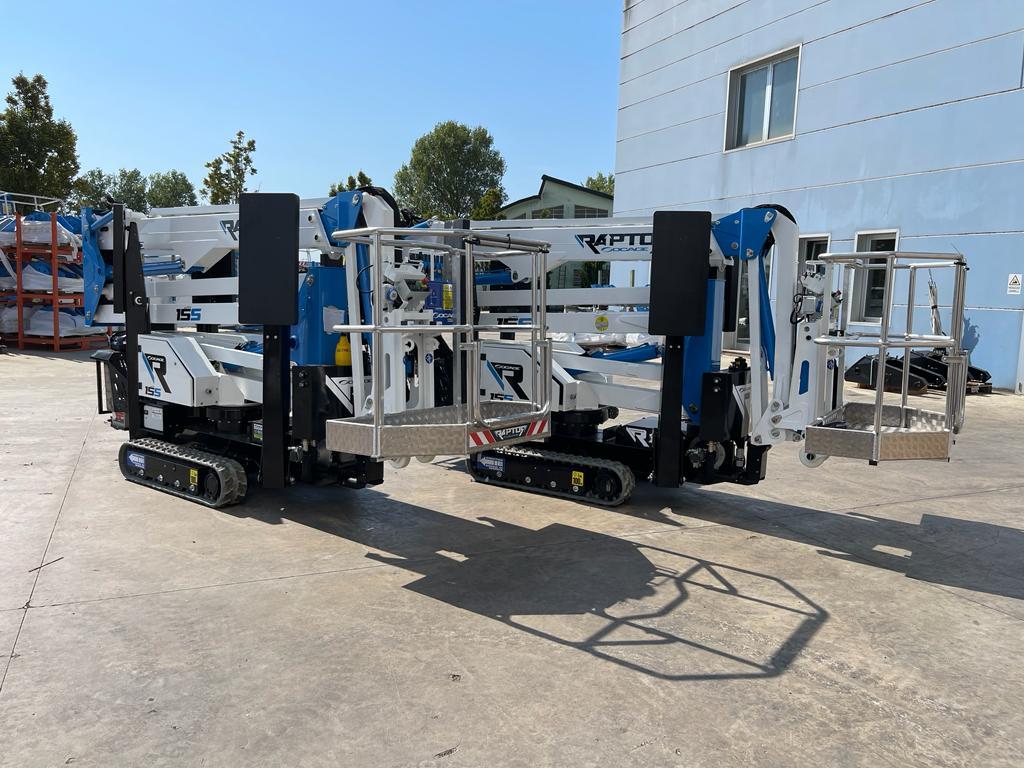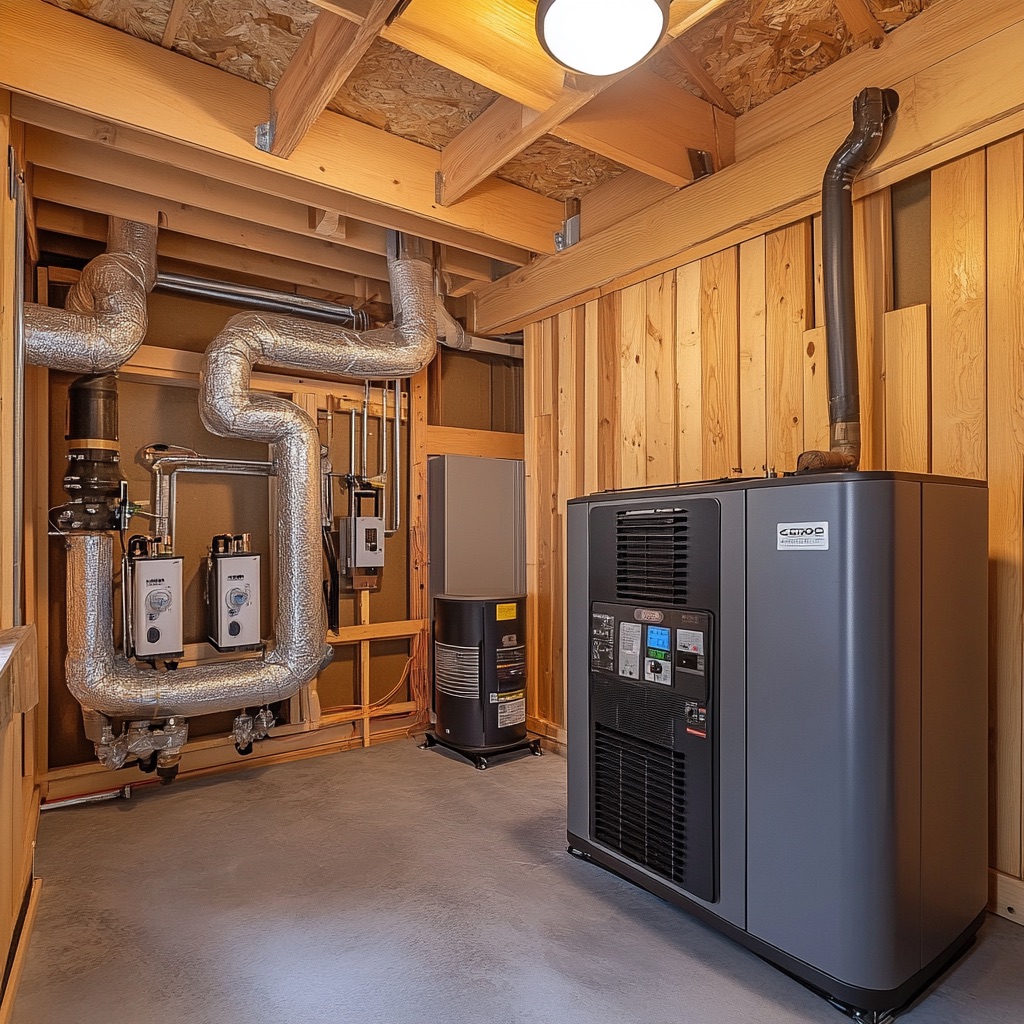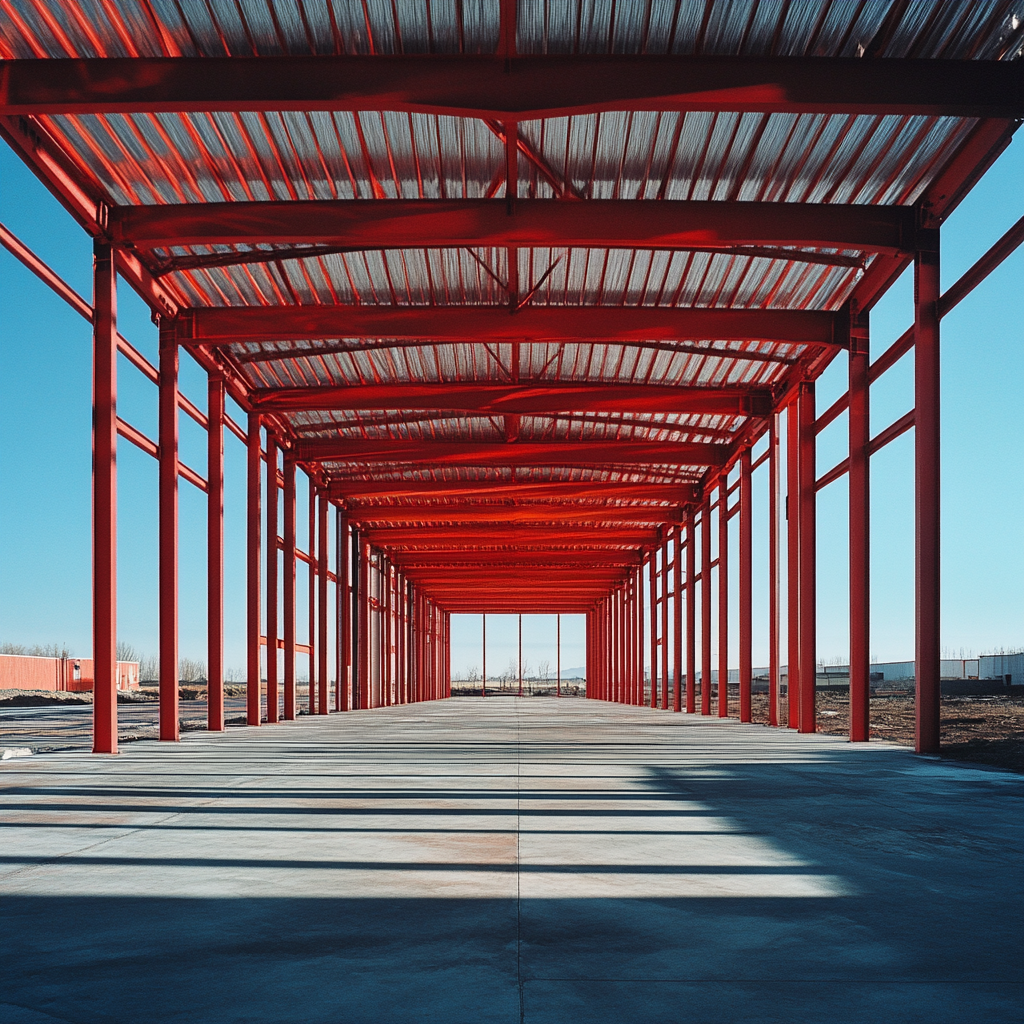Last updated on
Hot water is essential in every household. It serves purposes ranging from daily hygiene to cleaning and cooking. A reliable water heater or geyser ensures that you get access to hot water without hassle.
However, selecting the right geyser efficiently meets your household’s needs. With numerous options available in the market, understanding factors that influence your choices can significantly decide the convenience, energy usage, and overall satisfaction.
What's Inside
Types of Water Heaters

There are several types of geysers and water heaters, each catering to different requirements. Knowing the key differences helps you make an informed decision.
Electric storage geyser
These are the most common water heaters equipped with a tank that stores and heats water. They are ideal for medium to large households where multiple members need hot water at different times.
Instant water heaters
Instant geysers heat water immediately, making them suitable for small households or areas with limited hot water needs, such as a single bathroom or kitchen. They are also compact and energy-efficient since they do not store heated water.
Solar water heaters
Solar-powered water heaters are sustainable, using sunlight to heat water. They are affordable in the long run and environmentally friendly, but they require a backup system for cloudy days.
Gas water heaters
These water heaters, which run on LPG or natural gas, are efficient and quick. They are an excellent choice for areas with high electricity costs, but they require careful installation and ventilation.
Factors to consider when selecting a water heater and geyser
Household size and water usage
The household size decides the geyser capacity. For instance, a family of four requires a storage water heater with a capacity of 25-50 litres, whereas an individual may find a 3-6 litre instant water heater sufficient.
Energy efficient
Modern water heaters come with energy ratings that indicate their efficiency. Opt for a system with a higher star rating to save on electricity bills and reduce your carbon footprint.
Space availability
Instant water heaters are compact and fit well in smaller spaces, while storage geysers need more space. Assess the installation area before making a choice.
Heating speed
If you need hot water quickly, instant water heaters are a better option. Storage geysers are more practical for households that need hot water regularly throughout the day.
Budget and maintenance
While initial costs matter, consider the long-term expenses, including energy consumption and maintenance. High-quality water heaters often pay off through lower operational costs over time.
Modern features to consider
Water heaters and geysers are equipped with advanced features that enhance functionality and safety. Look for systems with:
Temperature control: Let you set the water temperature according to your preference.
Smart technology: Enables remote control and monitoring via mobile apps.
Safety features: Includes overheat protection, auto shut-off, and pressure release valves for secure operation.
Maintenance tips to remember
To ensure your geyser or water heater operates efficiently for years, follow these tips:
- Regularly clean the tank to remove sediment build-up.
- Inspect safety features periodically to ensure they are functioning correctly.
- Schedule professional servicing annually for optimal performance.




